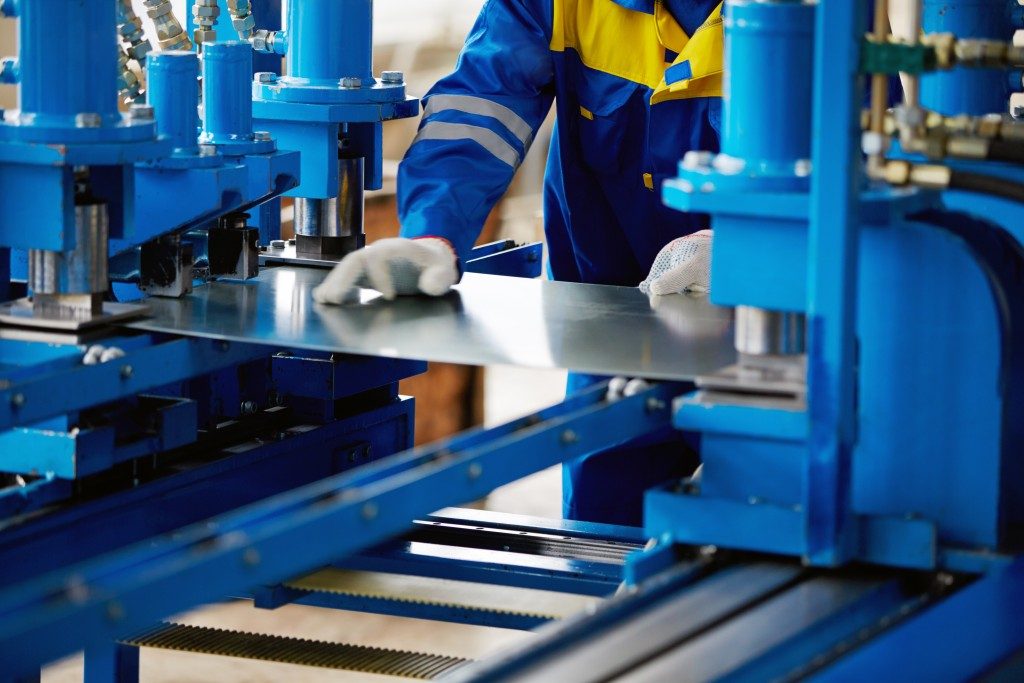
Among all types of industries and occupations, Manufacturing and Production is among the top industries with the largest number of workplace injuries according to the National Safety Council (NSC), right there with Construction and Service (Firefighters and Police). Furthermore, the most common types of injuries in the workplace are (1) Overexertion, (2) Slips, trips and falls, (3) contact with objects and equipment, as well as cuts, lacerations, punctures, and muscle strain, sprains, or tears. Workplace injuries have contributed to 104 Million lost production days in 2017 alone in the USA.
As such, there’s no question that any business or company in the manufacturing and production industry would want to prevent any accidents and injuries from happening in their factories. Following and satisfying workplace safety regulations is a good start, but one should take the extra steps to reduce the risk of injuries further:
Hire a Well-Trained Safety Officer
This might as well be the first and only tip you’ll need: Every factory or plant should have an industrial safety officer. In some countries, these are mandatory positions regulated by laws, but even if you’re in a country or area that doesn’t strictly enforce having a safety officer, it’s best to hire one. Your safety officer should be well-versed and trained with safety policies and regulations, can work with technical staff such as operators and engineers to inspect if the machinery and vehicles are in working order, and conduct workplace inspection to guarantee a clean and hazard-free work environment.
Safety officers also ensure regulation compliances by the national and local workplace safety agencies, investigate and make a full report of any accidents and investigations to know the cause and ensure they won’t happen again. They would also be in charge of conducting safety training and coaching to the entire workforce, and also supervising the proper use of machinery and equipment, and the wearing of protective gear. If you have a good safety officer that could oversee your operations, you’d have a lot less to worry about.
Open Line of Communication

A lot of workplace accidents are due to poor communication. Sometimes it’s as simple as failing to announce that there are incoming equipment or vehicles, or that the machinery is about to start operating, and any lack of communication that would otherwise have prevented any injuries and accidents such as contact with equipment or even vehicular accidents. Also in line with communication, your workers should be given the means to immediately inform supervisors of any unsafe working conditions such as structural issues with shelves or the building itself, unusual noise in the machinery, smoke and fire where there shouldn’t be any, and such.
Keep the Production Floor Spotless
Clutter and leaks could lead to tripping and slipping, which are one of the most common workplace injuries. So, if certain units of your workforce are too busy with production that they can’t simply stop to sweep up and clean any dirt, sawdust, metal shavings, or spilt liquids on the floor, you should have a dedicated maintenance and housekeeping crew that continuously clean up the work area (without obstructing operations as much as possible). Any spills should be addressed immediately, and wood and metal shavings must be swept up as soon as possible as they can all be potential fire hazards. Investing in an industrial floor sweeper would help guarantee that your workplace is cleaned thoroughly, quickly, and efficiently.
Conclusion
Your factory should be a safe and productive place for your workforce. Proper housekeeping, training, and availability of tools and equipment for safer and faster operations are key towards keeping your workforce safe. As such, it’s important

